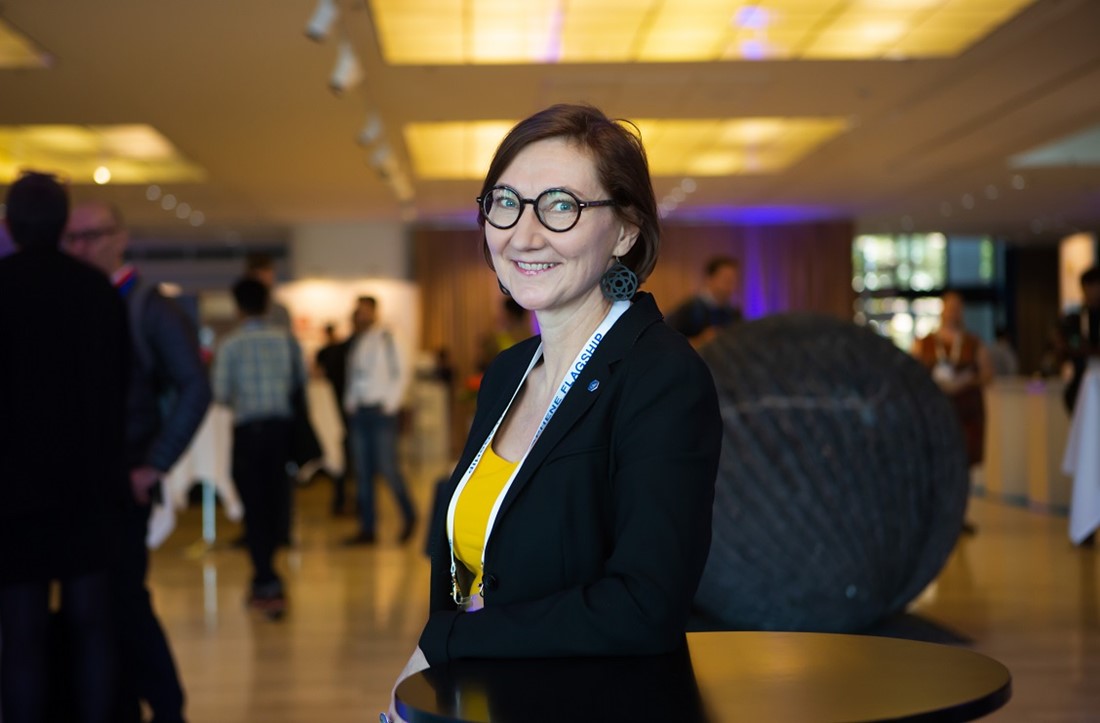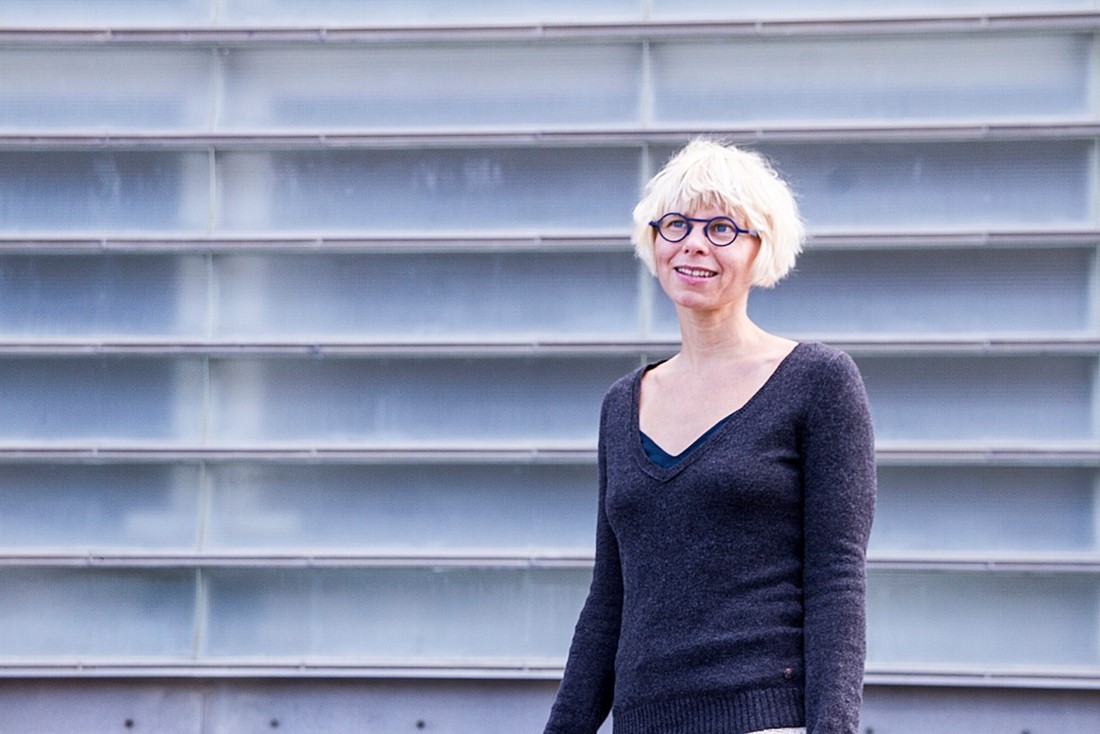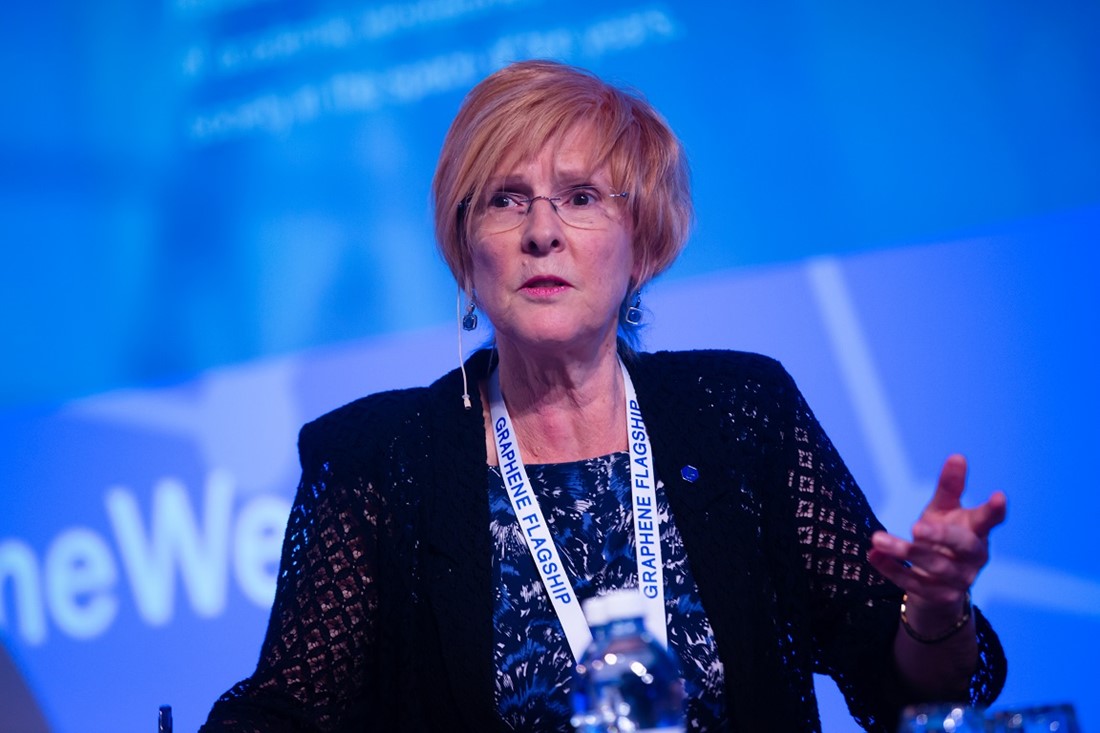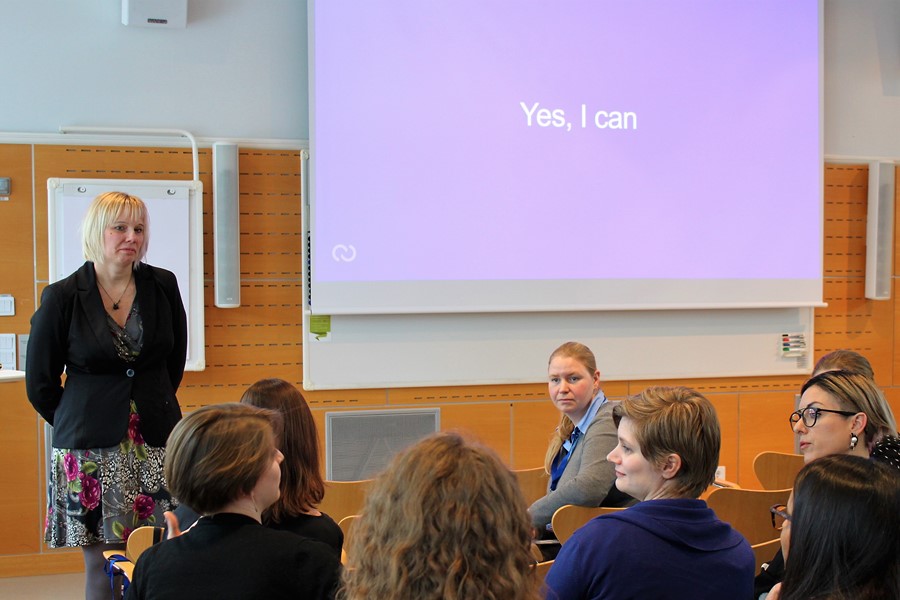Gender diversity: can the Graphene Flagship even the odds?
Prominent women in the Graphene Flagship discuss how the project encourages diversity and gender equality.
Society has come a long way since pioneering women scientists like Ada Lovelace, Marie Curie and Rosalind Franklin made their mark on the world, inspiring millions of women and girls to pursue a career in science. But even in 2020, women across all fields of science still face unjust discrimination, and they often have a lot of barriers to overcome before they get the recognition they deserve.
On Sunday 8 March, International Women's Day will celebrate the empowerment of women all over the world and encourage the advancement of gender equality. Furthermore, to honour the achievements and contributions by women scientists to the study of graphene and layered materials, the Graphene Flagship will hold its yearly Women in Graphene event on 18 – 19 March. Although coronavirus precautions have regretfully led to the cancellation of the physical meeting, this will not stop us from celebrating diversity: in a bold and innovative move towards sustainable conferencing, the 2020 event will instead be hosted in a virtual 3D world.
The Women in Graphene event invites scientists of all genders to proudly commemorate women's accomplishments in the field, as well as encouraging dynamic and productive discussions about the ever-present issues in research and industry and how we, as a society, can solve them. More information on the digital event will be released very soon, but in the meantime, I spoke to three prominent women about their thoughts on how the Graphene Flagship is helping to even the odds.

MARIA SMOLANDER
Graphene Flagship partner VTT, Finland
Maria Smolander is the Leader of the Graphene Flagship's Flexible Electronics Work Package. Her research has contributed to the development of graphene-based wearable sensors and electronic circuits, which could revolutionise personal electronics and open the door to a new generation of health and fitness monitoring.
"It's really important that the Graphene Flagship continues to keep gender equality in mind. Organisations and institutions really need to pay attention to these issues, otherwise it's very easy for situations to become imbalanced," she says. Studies show that men are more likely to be awarded funding for their research and are able to reach positions of influence faster and easier. It's no wonder, then, that we need to work harder to make gender equality in science a reality – and the Graphene Flagship is wholeheartedly committed to this goal.
"My research institute, VTT in Finland, has paid a lot of attention to this, and we can already see that the gender balance is improving a lot. In particular, it's very important to have good social benefits, like childcare," explains Smolander. "There need to be systems in place that allow both mothers and fathers to share equal parental responsibility." She also stresses the need for management panels and employers to be objective and set aside any pre-judgements or personal prejudices. "It's extremely important to recognise a person's capabilities and make decisions based on their competence and ambitions alone," she adds.
I asked her how she personally encourages upcoming women scientists to follow in her footsteps, and she responded positively: "I always urge women to take opportunities when they are offered – like signing up for research positions, events and conferences, or grants and scholarships. I also try to find possibilities to offer these opportunities to younger scientists, as they're the most in need of positive influence to set them on the right path."

SANNA ARPIAINEN
Graphene Flagship partner VTT, Finland
Sanna Arpiainen is the Deputy Leader of the Graphene Flagship's Sensors Work Package. Her research exploits the physical, mechanical and electrical properties of graphene for applications in sensing devices, helping the Graphene Flagship to achieve cheaper and more compact sensors for applications in safety, security, biomedicine and environmental protection.
I asked her to talk about the most common difficulties for women pursuing a career in science, and how she feels the Graphene Flagship can help to overcome them. "Women can find it hard to be taken seriously and have difficulties standing up to managers to argue their case," she explains. "Women also tend to be judged based on their appearance, rather than their achievements. They can be considered primarily as women, instead of as professionals – which can be a barrier to progression and even lead to harassment in the workplace." This problem is worsened by the long-standing history of sexism in academic institutions, many of which are still overseen by predominantly male management panels. "Even though the industry is quickly progressing towards equality, ancient attitudes seem to stick harder in the academic world", she says.
Statistics indicate that the retention of women in scientific roles is a real problem, with the proportion of women noticeably decreasing higher up the career ladder, akin to a 'leaky pipeline.' Arpiainen agrees with Smolander that social benefits, such as equal parental leave and childcare allowances, could alleviate the pressure on women to prematurely end their academic careers.
She also considers that one solution could be to close the gender gap in the long-term by inspiring more girls to pursue a career in science, and providing more positive female role models. "We need to encourage girls and women in early education to be passionate about science, and move away from the mindset that girls studying science, mathematics or technology are unusual, or that they lack the capabilities that boys have. Instead, we need to be sending the message that they can do it, and it's cool to be a woman scientist!"
The Graphene Flagship never ceases to focus on progress, particularly when it concerns equality and diversity. "At the Graphene Flagship, we are already making progress by selecting women to be Work Package Leaders, and by considering people for positions purely based on their expertise," continues Arpiainen.
The Graphene Flagship will also establish a mentoring scheme in the next phase of the project, which will provide continuous support to young women studying or researching in the field of graphene science. "If you don't try, you don't win," she insists.

JANE POWELL
Freelance Journalist, Moderator of Women in Graphene 2019 in Helsinki
Jane Powell is an award-winning journalist, respected communications consultant and trainer, and former ITN and BBC News correspondent. She provides media relations and training support for the Graphene Flagship, moderated a number of sessions at Graphene Week 2019 in Helsinki, and gave a number of popular talks on career building. She spoke openly at last year's Graphene Week's Women in Graphene workshop, and had a lot to say about the importance of holding events like this for women in Europe.
"Women in Graphene is a really important aspect of the Graphene Flagship. At Graphene Week 2019, an excellent panel of scientists took part in a lively and fruitful discussion," Powell says. She highlights the necessity for events like this to provoke positive dialogue and reach a consensus on ways to improve gender diversity in the future – and recognises the importance of involving men in the discussion as well, who contributed positively to the Helsinki session.
"The debate at Graphene Week drew in a really animated audience. We discussed that being assertive is better than being aggressive, whether positive discrimination is needed – and whether or not it works – and agreed that the statistics prove that women still have a mountain to climb to get to the top," she concludes.

Prominent women in the Graphene Flagship discuss how the project encourages diversity and gender equality.




